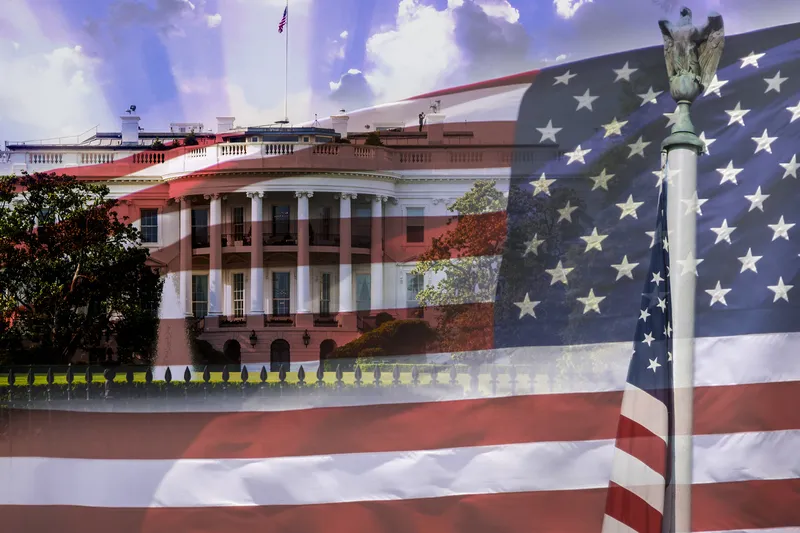High road toll increases threaten new regulation, but states should be free to use toll revenue for Interstate improvements. Bob Poole reports Large toll rate increases have been implemented recently by the Port Authority of New York and New Jersey, justified in part to help pay for its World Trade Center project. In response, a bill was introduced in Congress that would allow the Secretary of Transportation to regulate tolls on every bridge on the country’s Interstates and other federally aided highways. F
May 11, 2012
Read time: 4 mins

High road toll increases threaten new regulation, but states should be free to use toll revenue for Interstate improvements. Bob Poole reports
Large toll rate increases have been implemented recently by theThis now causes the diversion of US$450M a year to non-turnpike purposes. The common theme in these cases is that political bodies have converted what is generally a pure user charge into a hybrid of user charge and tax.
The bill allowing the Secretary of Transportation to regulate tolls on the bridges on federal-aid highways has been criticised by the International Bridge, Tunnel & Turnpike Association (
This move would add a redundant layer of oversight that would deter needed investment and could damage the credit ratings of toll facility owner-operators, according to IBTTA. And given the repeated failure of
Some have commented that the tolling industry has brought this bill this on itself, citing the high bridge and tunnel tolls in the New York metro area, a large fraction of which are diverted to transit (and to the World Trade Center). In Virginia there is the planned diversion of huge future sums from Dulles Toll Road toll-payers to build the rail line to Dulles airport, while Delaware has for decades used tolling from Interstate travellers to pay for state roads. And taxing of Pennsylvania Turnpike tollpayers is now being used to support other highways as well as transit systems in Philadelphia, Pittsburgh, and elsewhere in the state.
This is the sort of issue that drives highway users to oppose a blank cheque for expanded Interstate tolling, despite the several trillion dollar cost of reconstructing and modernising the aged and obsolescent Interstate system. AAA has ongoing litigation against the Port Authority over its toll diversion to the World Trade Center, while the
This position allows for the tighter legal framework negotiated previously to prevent the diversion of toll revenues. Both the pilot programme that allows for toll-financed construction of three new Interstates and the pilot programme allowing for three reconstructions of existing Interstates include specific language limiting the use of toll revenues to financing the construction or reconstruction, operation, and maintenance of the Interstate corridor in question. There would be no diversions to other highways, transit, or other state budgetary demands, so the tolls would be a pure user fee. This approach was debated and negotiated at the congressional staff level during the past two reauthorisations, with the participation of highway user groups. And when the provisions were enacted as part of TEA-21 (reconstruction) and SAFETEA-LU (new construction), there was no opposition from either AAA or ATA.
Limiting Interstate tolling just to the construction, reconstruction, operation and maintenance of the Interstates is surely the best way forward. And this offers a far better alternative than federal regulation of Interstate toll rates.
*Bob Poole directs the transportation program at the US-based think-tank The Reason Foundation.









